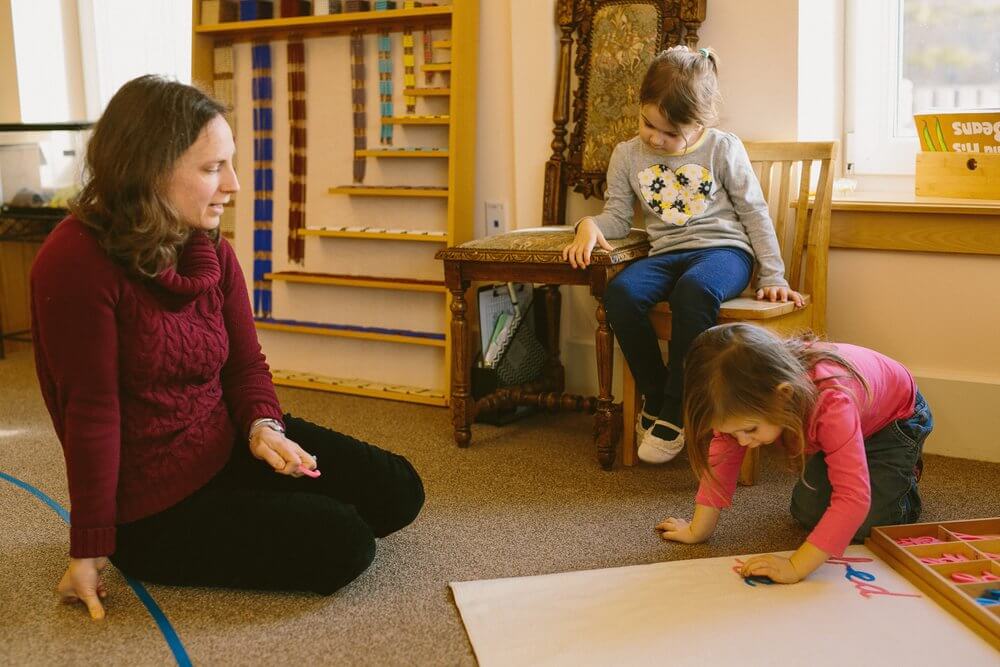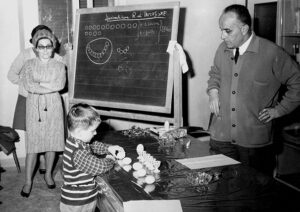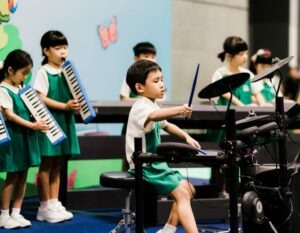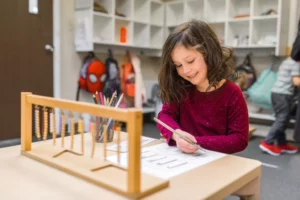In the unique and innovative world of Montessori education, educators play a transformative role. They do not merely impart knowledge; instead, they skillfully guide the child in their exploration of learning, acting as facilitators rather than traditional teachers. Let’s unravel the dynamic role Montessori educators play in shaping young minds.
The Montessori Guide: Fostering Self-Led Learning
In the Montessori setting, educators, often called guides, do not stand at the front of the classroom delivering lessons. They thoughtfully observe each child, understanding their individual interests, strengths, and areas of improvement. This observation allows them to guide the child’s learning journey effectively.
Creating the Prepared Environment: A Montessori Educator’s Task
Montessori educators have the essential role of creating and maintaining a prepared environment. This carefully crafted environment is filled with materials designed to stimulate learning, fostering curiosity and a desire to explore.
Encouraging Exploration: Freedom within Boundaries
One of the Montessori educator’s fundamental tasks is to instill in children the value of ‘freedom within limits.’ This principle encourages children to explore and learn independently while understanding and respecting the established boundaries.
Lessons in Grace and Courtesy: The Social Dimension
Montessori educators also impart lessons in grace and courtesy. These lessons, seamlessly woven into the day-to-day activities, teach children essential social skills and values like respect, empathy, and cooperation.
Montessori Materials: Tools for Concrete Understanding
Montessori educators use a variety of unique, hands-on learning materials to help children grasp complex, abstract concepts. These educators are well-trained in introducing and presenting these materials to children in a way that engages and intrigues them.
Respecting Individual Learning Pace: The Montessori Method
Recognizing that every child learns at their own pace, Montessori educators respect individual learning rhythms. They offer guidance and support when needed, but allow the child the time and space they need to understand concepts fully.
Peer Learning and Collaborative Work: Community Building in Montessori
Montessori educators facilitate the creation of a learning community by encouraging peer learning and collaborative work. They guide older students to help younger ones, fostering a sense of responsibility and community spirit.
Promoting Intrinsic Motivation: A Core Principle
Intrinsic motivation is a cornerstone of Montessori education. Montessori educators nurture this by allowing children to follow their interests, creating a love for learning that extends beyond the classroom.
The Montessori Educator’s Lifelong Journey: Constant Learning and Adaptation
Just like their students, Montessori educators are always learning. Through continuous observation and interaction, they adapt their approach to best meet the needs of each child, ensuring every student’s unique learning journey is fruitful and fulfilling.
In conclusion, Montessori educators play a vital role in shaping an enriching, dynamic, and child-centered learning environment. They guide, support, and observe, empowering children to become active, engaged learners and responsible members of their community.










